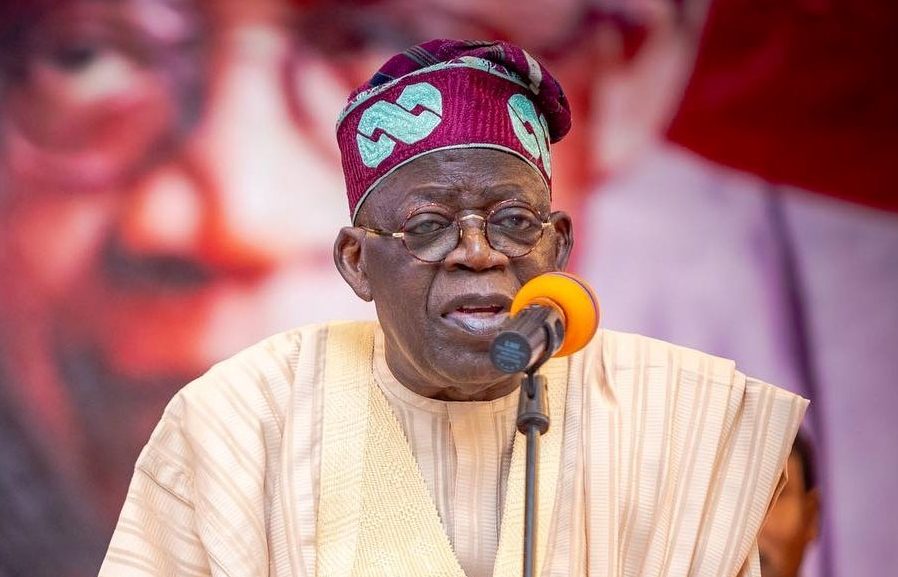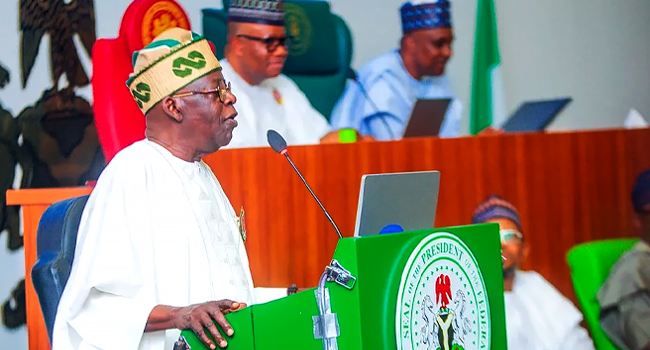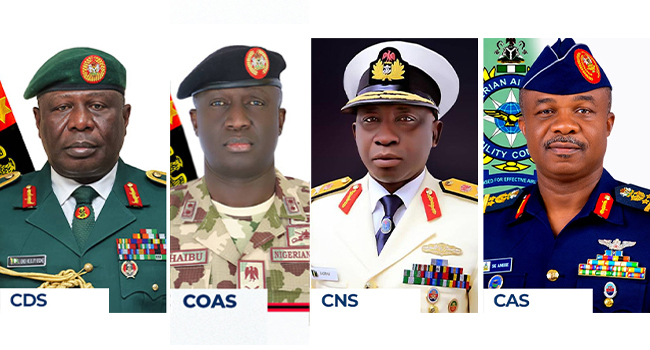The United Nations Children’s Fund (UNICEF) and the Federal Ministry of Information and National Orientation have called on media practitioners to place children’s interests at the forefront when reporting on child rights issues.
Speaking at a two-day training on ethical journalism and child rights reporting organised by the Child Rights Information Bureau (CRIB) in collaboration with UNICEF, Celine Lafoucriere, Chief of the UNICEF Lagos Field Office, underscored the importance of portraying children with dignity and protecting their rights in all forms of reporting.
Delivering her keynote address titled “Why Ethical Reporting of Children Matters in Nigeria,” Lafoucriere emphasised that stories involving children—particularly those affected by violence, conflict, or abuse—must be handled with the highest sensitivity.
“Ethical reporting protects the most vulnerable. Children are not miniature adults; they are still developing emotionally, mentally, and socially,” she said.
“Ethical journalism builds trust. In a world where misinformation spreads rapidly, your commitment to truth, fairness, and balance sets you apart. The stories you tell influence how society sees its children and how children see themselves.”
She added that responsible reporting helps build a Nigeria where every child is valued, protected, and able to thrive.
UNICEF Communication Specialist, Susan Akila, described the workshop as both a refresher and a call to action, urging journalists to ensure every story about a child is rooted in truth, respect, and a steadfast commitment to their rights.
Geoffrey Njoku, a communication consultant, traced the evolution of child rights from international declarations to Nigeria’s domestication of the UN Convention on the Rights of the Child (CRC) through the Child’s Rights Act (CRA) of 2003. He commended Lagos State for its progress in implementing the Act and reminded journalists to always uphold the “best interest of the child.”
“Do no harm to any child,” Njoku cautioned. “Avoid questions, attitudes, or comments that could endanger, humiliate, or retraumatise them.”
Representing the Permanent Secretary of the Federal Ministry of Information and National Orientation, Toye Falayi of CRIB said the training aimed to help journalists reflect on their ethical responsibilities and adopt best practices for covering children’s issues.
“When reporting on children, every image, word, and frame matters. They can have lasting consequences on a child’s life, safety, and future,” he said.
Researcher Jide Johnson highlighted the harsh realities facing many children in Nigeria—including early marriage, female genital mutilation, child trafficking, labour, and abuse—urging the media to use their platforms to advocate for protection and change.
In closing, UNICEF Communication Officer Blessing Ejiofor reaffirmed the shared responsibility of journalists and communicators to promote positive change for children and their families through ethical storytelling.








